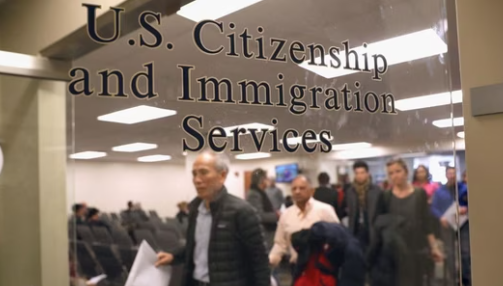In a significant policy shift, the United States government announced that it will now be accepting applications from foreign nationals seeking permanent residency or citizenship. This move is part of an effort to streamline the application process and provide a clearer path for immigrants aspiring to make America their permanent home.
The new policy aims to address the long-standing backlog and delays that have plagued the immigration system for years. By implementing a more efficient application process, the U.S. Citizenship and Immigration Services (USCIS) hopes to reduce waiting times and provide quicker resolutions for applicants.
Key Details:
- Eligibility: The policy will cover a broad range of applicants, including skilled workers, family members of U.S. citizens, and refugees. Specific eligibility criteria will be outlined in the upcoming guidelines to be released by the USCIS.
- Application Process: Applicants will be able to submit their applications online, making the process more accessible and less cumbersome. The USCIS is also introducing a new tracking system that allows applicants to monitor the status of their applications in real-time.
- Processing Time: The goal is to significantly reduce processing times, with a target of six months for permanent residency applications and one year for citizenship applications.
- Support Services: To assist applicants, the USCIS will provide enhanced support services, including multilingual assistance, legal aid resources, and community outreach programs to educate immigrants about the application process.
- Impact: This policy change is expected to benefit millions of foreign nationals currently residing in the U.S. on temporary visas, as well as those living abroad who wish to relocate to the United States.
Secretary of Homeland Security, Alejandro Mayorkas, stated, “This initiative reflects our commitment to building a more inclusive and efficient immigration system. By simplifying the application process and reducing wait times, we are taking a significant step toward making the American dream accessible to all.”
The announcement has been met with praise from various immigrant advocacy groups and community leaders, who view this as a positive development in addressing the challenges faced by immigrants in the U.S. However, some critics have raised concerns about the potential strain on resources and the need for stringent vetting processes to ensure national security.
As the policy takes effect, the U.S. government is expected to provide regular updates and further details to guide applicants through this new process.








 India
India












